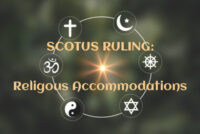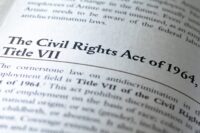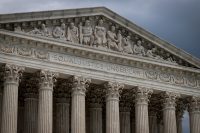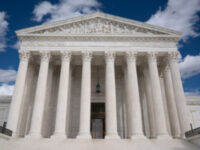Case Study: Guidance for Employers on Music in the Workplace
In today’s workplace, many employers allow employees to play music. While this is generally a cost-effective way to improve culture, morale, and productivity; it also creates potential exposure for hostile work environment and sexual harassment claims under Title VII of the Civil Rights Act of 1964. This is particularly true given a recent decision from […]










